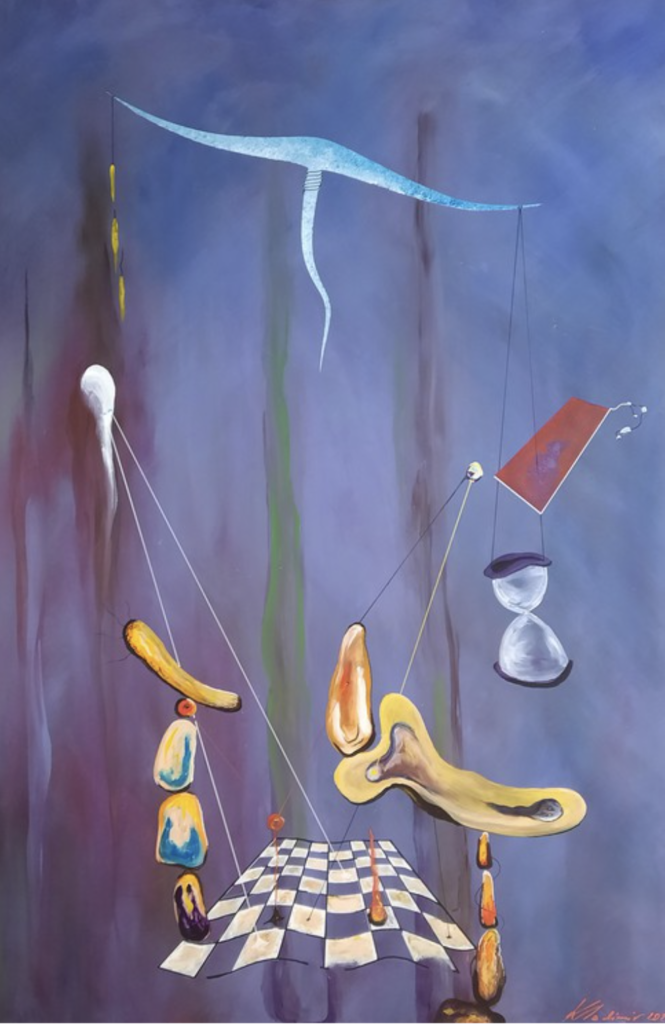Books and Music
Some nights ago, I decided that I would not finish the day with my usual pastimes, but would sit down and listen to music. The piece that presented itself to me was a recording of Beethoven’s 9th Symphony on YouTube. And so it was decided. I boiled a cup of tea, changed into sweatpants, went to the toilet, put my phone away, and began to listen.
Halfway through the first movement it struck me how similar music is to reading. In each you realise that any exceptional score or book has moments of both elation and horror. They are not “happy”. And as you feel yourself carried across with the tide, you begin to lose your sense of footing, until you are in that strange place between your world and the artist’s you are beholding yourself to, floating in some dreamlike chasm. You remain there experiencing a journey, one unique to yourself. For all musicians in one symphony have the same score, and all copies of one book contain the same words, but no musician performs a melody the same way, and no reader is changed the same as another.
The role of the writer and composer is to present a tapestry, a story for the world; the role of the reader and musician is to take this tapestry and let it mould them into something greater.
Writers are composers, just as readers are musicians.
From Margaret Atwood:
“Books are frozen voices, in the same way that musical scores are frozen music. The score is a way of transmitting the music to someone who can play it, releasing it into the air where it can once more be heard. And the black alphabet marks on the page represent words that were once spoken, if only in the writer’s head. They lie there inert until a reader comes along and transforms the letters into living sounds. The reader is the musician of the book: each reader may read the same text, just as each violinist plays the same piece, but each interpretation is different.”
